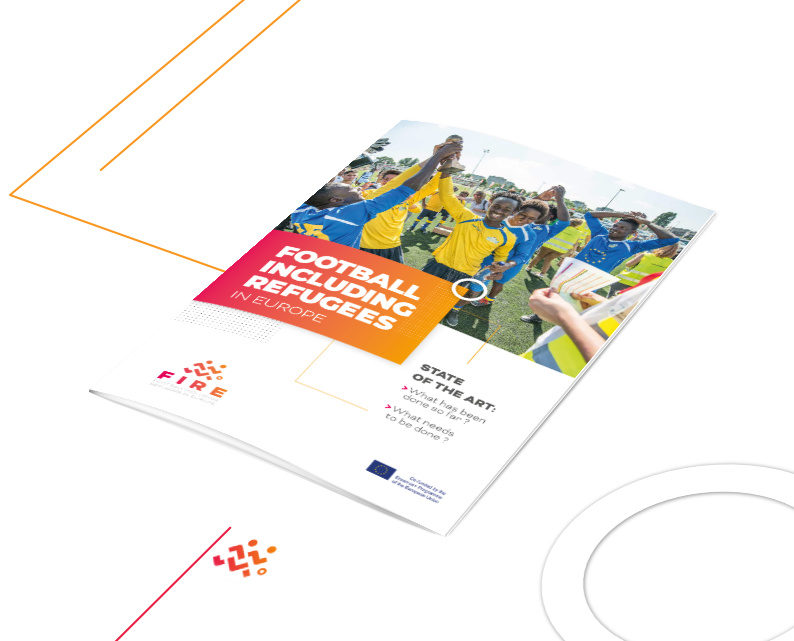Word from the Author
As a university professor with over twenty years of interdisciplinary research on international football and thirty-five years of teaching experience in foreign languages, social psychology, intercultural communication, and European politics, he is well-placed to know the reserve, reluctance and hesitancy of many grassroots actors (as well as professional clubs and football federations) to engage with academics and their eternal “abstract theories” and “complicated vocabulary” that appear “disconnected” from the realities of everyday life. And he recognises that such misgivings are not entirely unfounded.
Still, after compiling this compact literature review and conducting an internal project survey and some informal exchanges, he is convinced that teachers and researchers from higher education are a potentially rich and comparatively untapped source of help for many grassroots actors. Many academics, especially from the social sciences, are delighted to engage in collaboration with civil society, test their theoretical approaches in empirical fieldwork, and simply make themselves useful to society.
In particular, the need for the training of grassroots football actors armed with goodwill but faced with a new, complex challenge – be it in intercultural competence, project management, or communication skills – opens avenues for mutually beneficial cooperation between the football community and higher education. Grassroots actors should also be aware that higher education does not only resume itself to silver-haired professors. There is also a large number of young and dynamic students on various levels, always keen on finding meaningful missions for internships or group projects (and on average just as football-crazy as the rest of the population).
One of the FIRE project’s objectives is to help actors make the best possible use of the “eco-system” in which they are evolving. Attempts at networking beyond the “usual suspects” of the football community or organised civil society may broaden the pool of possible partners and increase the variety of forms of support.








